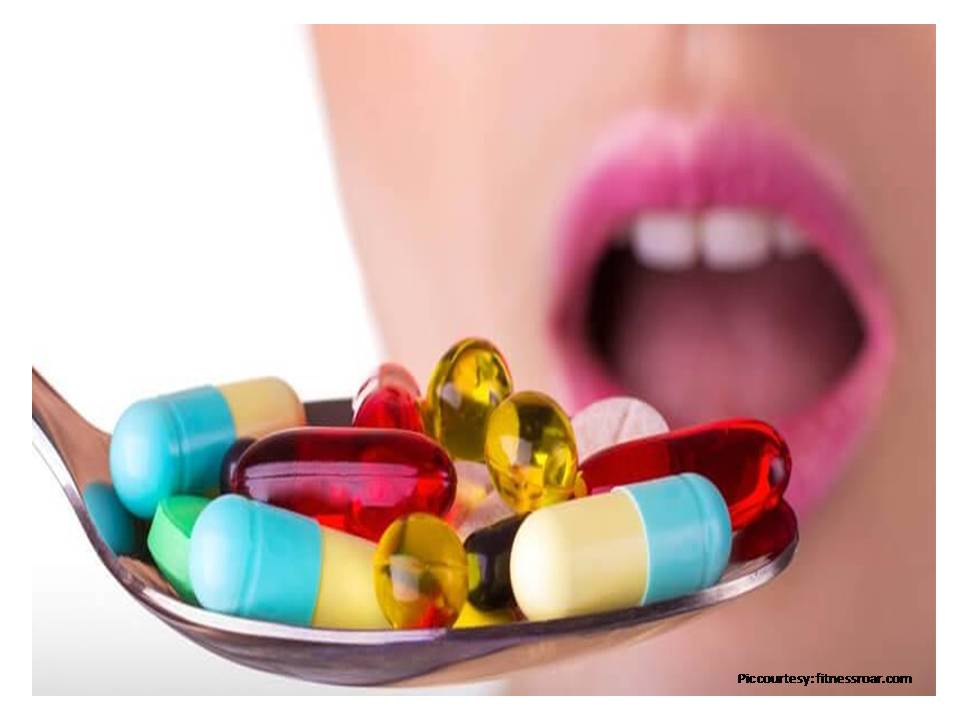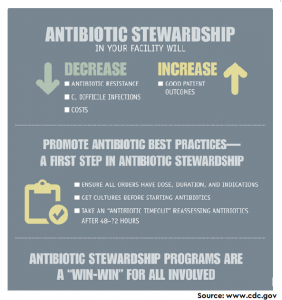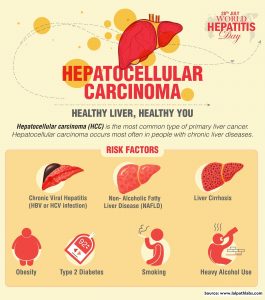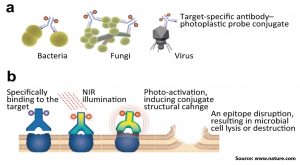The increasing level of antimicrobial resistance (AMR) is a significant trend seen throughout the globe, and this phenomenon may affect the health of the general public. Studies reveal that there is an evident relationship between the number of antibiotics utilized and the prevalence of bacterial resistance. The practice of antibiotic as self-medication is a global concern. According to WHO, self-medication with an antibiotic is unhealthy behavior and inappropriate methods of using these medicines. Most people who used antibiotics for themselves do not have the appropriate knowledge about dosage and use them for an improper duration of time, which may lead to the development of drug resistance. The most common determinants reported of self-medication with antibiotics are past good experiences and suggestions from friends or relatives. The use of self-medicated antibiotics is observed to be more frequent in younger aged individuals belonging to low- or middle-income groups. Education is also a contributing factor for self-medication with antibiotics as individuals with a high level of education are less likely to self-medicate antibiotics. Improving public access to primary healthcare facilities, implementing educational interventions, enforcing the strict regulations on non-prescription antibiotic use are some of the key strategies to address the issue of self-medication with antibiotics.
To read the entire article, please visit the website of Multidisciplinary Digital Publishing Institute (MDPI)
Follow the link







